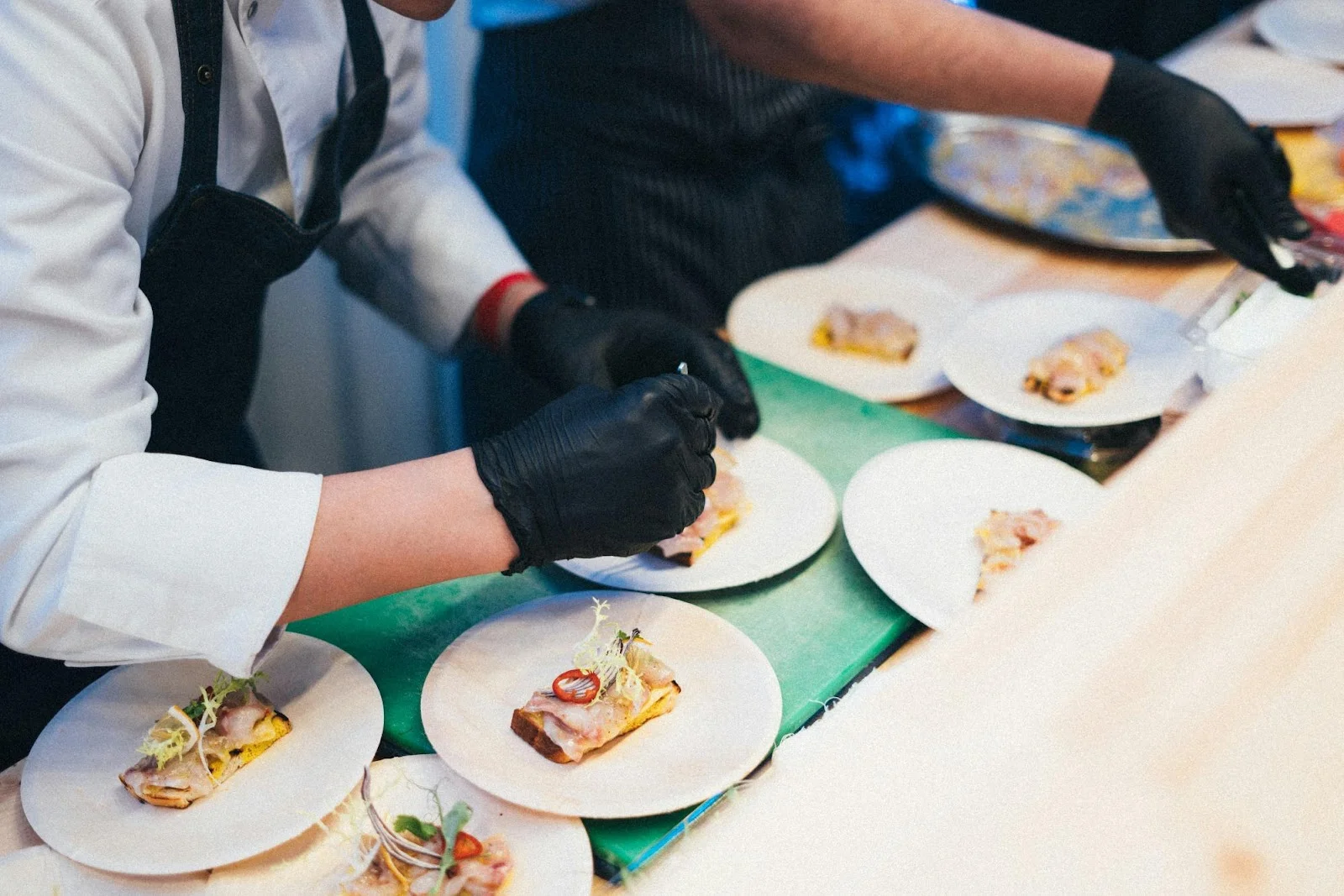If the tantalizing world of culinary arts beckons you, embarking on this adventure can be both exhilarating and daunting. Moving away from the comforts of home to pursue your passion involves a myriad of considerations, from logistical planning to emotional readiness. In the pursuit of savory success, preparation is a chef’s best friend. Just as you would mise en place before a complex dish, arranging your life for this transition is critical. Below are insights and practical advice to help you navigate this life-changing journey effectively.
Embracing the Journey: How to Prepare for a Culinary Arts Adventure
Stepping into the culinary arena demands passion, skill, and courage. Begin by researching culinary arts schools to find the right fit. Consider factors like program length, curriculum focus, and faculty expertise. Visiting campuses and talking to current students can provide valuable insights into the environment.
After securing a spot, focus on honing your kitchen skills through local cooking classes or work experience. This groundwork will prepare you for the rigorous educational setting. Understanding the local food scene and culinary culture around your school is vital. Immersing yourself in the community will enrich your experience and help you adapt faster.
Emotionally preparing for the transition is essential. Set realistic expectations and adopt a mindset of growth and resilience. Be ready to face challenges and moments of self-doubt. Have strategies in place for maintaining health, managing stress, and staying motivated amidst the intensity of culinary arts school.
Overcoming Challenges of Relocating for Culinary School
Moving can be a challenge, so it’s important to plan ahead. Create a checklist covering packing, accommodation, and travel logistics to avoid last-minute stress. Keep important documents handy, like admission letters and financial aid packets. Financial concerns are common, but there are ways to ease them. Look for scholarships, financial aid, and job opportunities at or near your new school. Being proactive can help alleviate worries about money.
Building a new social support system is crucial. Consider joining forums, clubs, or associations related to your interests or field before the move. This can help you establish connections and feel more at home when you arrive. Don’t forget about your physical health during the move. Stress can impact your performance, so prioritize good nutrition, sleep, and exercise to stay sharp and energetic. Taking care of yourself will make adjusting to your new environment easier.
Financial Planning: Budgeting for Your Culinary Education and Move
Financial preparation is crucial before beginning your culinary journey. Start by evaluating the costs of education, including tuition, books, uniforms, and kitchen tools. Don’t forget living expenses such as rent, groceries, utilities, and personal care. Crafting a budget beforehand can alleviate financial strains and allow you to focus on your studies. Explore opportunities for financial aid and culinary scholarships, but remember to apply early and provide thorough documentation. Seek guidance from the financial aid office for personalized assistance.
Consider part-time work in a restaurant to supplement your income and gain practical experience. Ensure your work schedule aligns with your academic commitments. When moving, research cost-effective options, whether hiring a moving company or planning a road trip. Keep track of moving expenses as they may be tax-deductible or reimbursable.
Building a Support Network in Your New Culinary Community
Building a strong support network is crucial for success in a new environment. Engage with peers and instructors early on, participate actively in class, and leverage collaborative opportunities for lasting friendships and professional connections. Branch out into the wider community by attending local events, joining clubs, and volunteering. These activities not only expand your network but also deepen your understanding of local culinary culture and can lead to unique opportunities.
Utilize online platforms such as social media groups and professional networks to connect with culinary enthusiasts locally and globally. Be proactive in reaching out and sharing your experiences. Maintain ties with loved ones back home through regular communication and visits. Their support can provide stability and encouragement as you navigate new challenges.
Staying True to Your Culinary Dream Amidst Transition and Change
Embarking on a culinary education journey? Keep your passion alive with regular journaling, reflecting on both successes and setbacks. It’s your roadmap to growth. Set short-term goals that align with your overall culinary aspirations. They’ll help you navigate changes and keep you focused amidst challenges.
Stay inspired by exploring the culinary world beyond your studies. Visiting restaurants, attending demos, or exploring markets keeps your education dynamic and sparks new interests. Remember, patience is key. Learning takes time, so be kind to yourself. Celebrate every milestone, big or small, knowing each one brings you closer to your culinary dreams.
Altogether, becoming a culinary artist is an exhilarating journey, packed with excitement and challenges. With careful preparation and financial planning, along with support from your community, you can turn your passion into a rewarding career.

Melody Roth, a seasoned blog writer with a passion for the delectable world of food, specializes in crafting mouth-watering articles on favorites like pizza and burgers. With years of experience under her belt, Melody serves up stories as tantalizing as the dishes she describes, making her an invaluable voice in the culinary blogging realm.

